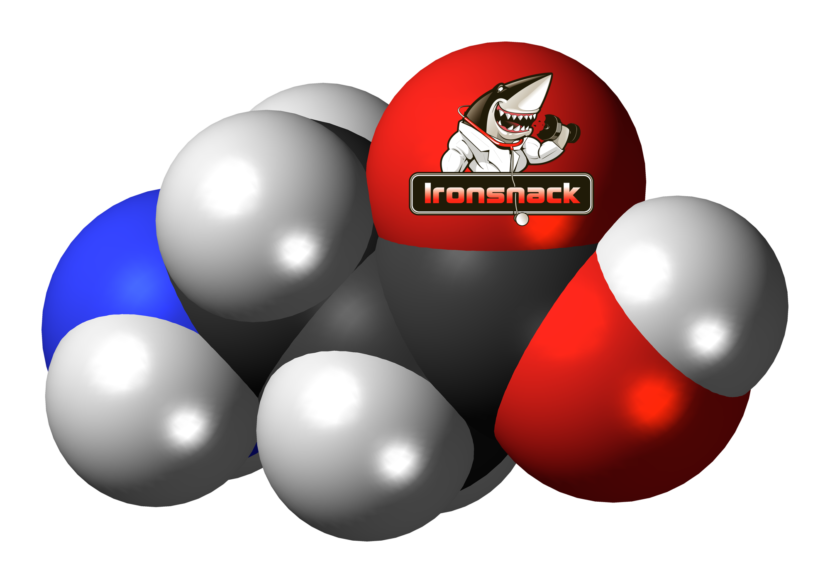Beta-Alanine a worthwhile supplement to boost muscle performance
Previously we have discussed the workout supplement creatine. Today we want to talk about another popular supplement called beta-alanine. As you may know when you work out byproducts of energy expenditure build up within your muscles. Beta-alanine helps increase carnosine a substance that buffers hydrogen ions (acid) in your muscles. Given that these byproducts add up the most during high intensity exercises this is where beta-alanine may help you the most by keeping your muscles working optimally during exercise. Carnosine is often lower in women, the elderly, and possibly those who are vegetarians. Interestingly sprint-trained athletes tend to have higher levels of carnosine than most individuals this could be because elite sprinters have ideal genetics or it also could be due to a slow adaption that occurs during training. High intensity interval training has also been shown to increase muscle carnosine leaves. There are quite a few scientific studies on the supplement. A study from 2010 of 51 young men taking creatine and beta-alanine showed that both beta-alanine and creatine increased physical working capacity at neuromuscular fatigue threshold in untrained men. Another study in older men and women over the age of 55 found that 90 days of beta-alanine supplementation increased physical working capacity by over 28% through delaying neuromuscular fatigue. Dosages of 4-6 grams per day resulted in 20-30% increase in muscle carnosine by two weeks, 40-60% after four weeks, and 80% by ten weeks. One of the common side effects of beta-alanine is paresthesia (feeling of pins and needles) you may notice this when you take the supplement. As far as changes in body mass results have been mixed, some showing increased body mass while others have shown no changes. β-alanine is found in many over the counter supplements and may be a worthwhile supplement to add to your regimen.
Sources are included below.
https://jissn.biomedcentral.com/articles/10.1186/1550-2783-5-21
http://jissn.biomedcentral.com/articles/10.1186/1550-2783-7-20








